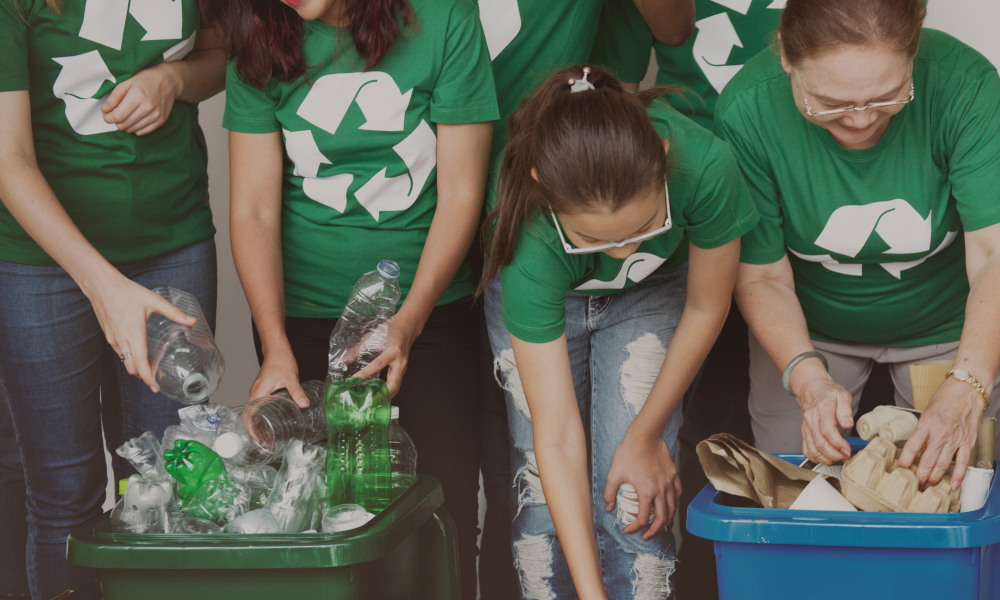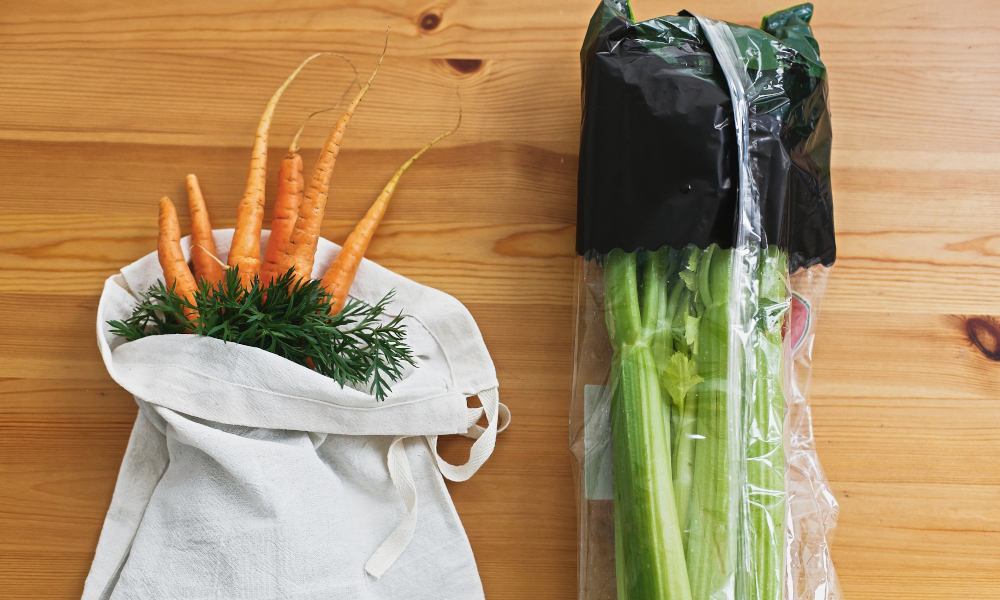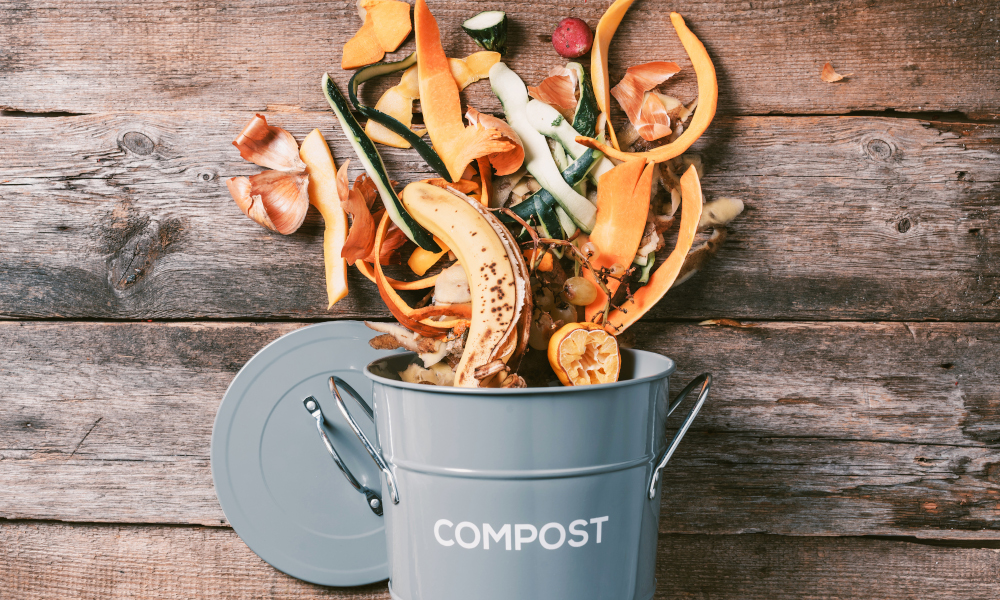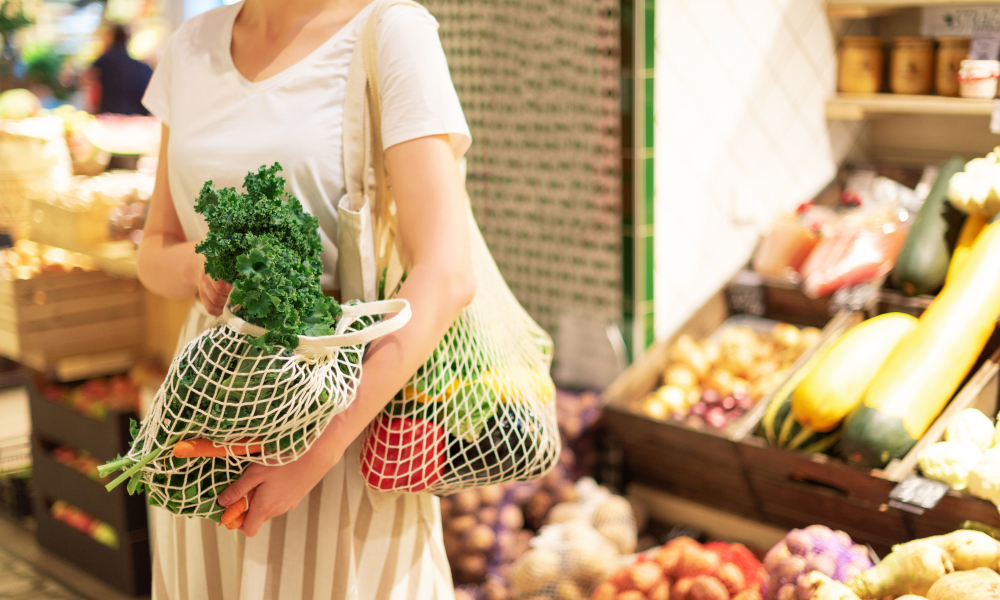Singaporeans are becoming more environmentally conscious. You can observe more people embracing the zero-waste lifestyle out of concern for the overflowing landfills. With more news about how our rubbish is endangering wildlife and humans (through the food chain), we are waking up to do our bit for Mother Nature.
The goal behind zero waste is to eventually eliminate our waste output. This may not be possible yet, but we can start evaluating our lifestyle and ways to reduce our trash.
3Rs – Reduce, Reuse, Recycle

How do you start living a zero-waste lifestyle? Your zero-waste journey generally revolves around the 3Rs: reduce, reuse and recycle.
- Reduce: Minimising or eliminating unnecessary consumption to avoid creating waste.
- Reuse: Using your existing resources as many times as possible, or, creatively repurposing them.
- Recycle: Once it reaches its maximum useful life, recycle your waste so that it can be processed into new products.
Let us show you how you can start below.
Going Plastic-Free

We have been living in an era of economic convenience. From plastic packaging to disposable items, there is also a whole culture surrounding the usage of single-use plastic items all in the name of efficiency, and hygiene.
However, plastic recycling is expensive and when discarded into landfills, takes almost forever to breakdown. And when they do breakdown, tiny particles of microplastic pollute the earth and water. For those that don’t breakdown, it becomes visible trash and a hazard to the earth’s flora and fauna.
When our waters are chock full of plastic bits, the marine life suffers as they inevitably consume these particles. And when we enjoy seafood on our plates, we may be eating plastic too. Such is the cycle of life, when we sow, we get back, and not always in a good way.
Bring Your Own (BYO) Concept
One way to minimise the use of single-use disposables is to bring your own (BYO) bag, container, flask, etc when purchasing items.
You can reduce the need for plastic bags when you bring your own recycle bag while grocery shopping. If you love takeaway food, bring your food container and flask to carry your food and drinks. That way, you reduce the need for plastic cutleries
Composting Kitchen Waste

If you cook frequently at home, there are bound to be food scraps that are usually discarded into your trash. However, most of these food waste can be turned into black gold with composting.
There are many easy methods to compost your kitchen waste such as vegetable scraps, fruit peels, and eggshells. The compost can be used to fertilise your plants when you grow a garden.
Meal Planning to Minimise Food Waste
With so many delicious recipes shared online (especially during the CB period), many households have produced instant chefs. It is so easy to get distracted with so much food.
However, can your family consume everything without leftovers going to waste?
When you start planning your meals, you become more mindful of the ingredients that you use to create a healthier diet. It also saves you a lot of time during grocery shopping because you have a list in hand. You are less likely to overbuy food you don’t need out of impulse.
Make Smart Purchases
Going plastic-free may be a challenge to many people. However, you can still do your part to minimise buying items that come with a huge carbon footprint. When you are mindful of your purchases, you will make smart decisions about what is needed without creating more waste and trash.
To prolong the usage of your purchases, buy durable, high-quality items.
For instance, when you’re renovating your home, you might be tempted to select cheaper materials to lower the cost of renovation. However, these materials may have a shorter lifespan. Repairs or total replacements may end up costing you more in the long run.
Also, did you know that quartz stone is one of the most environmentally friendly materials for countertop surfaces?
Baby Steps to Living Zero Waste Lifestyle

The zero-waste lifestyle is a continuous journey of being mindful of the trash we create. Don’t worry if you cannot abandon convenience at the drop of a hat. But if everyone takes baby steps together, imagine the compounding effect it creates for our planet.
As Anne Marie Bonneau of Zero Waste Chef said, “We don’t need a handful of people doing zero waste perfectly. We need millions of people doing it imperfectly”.



